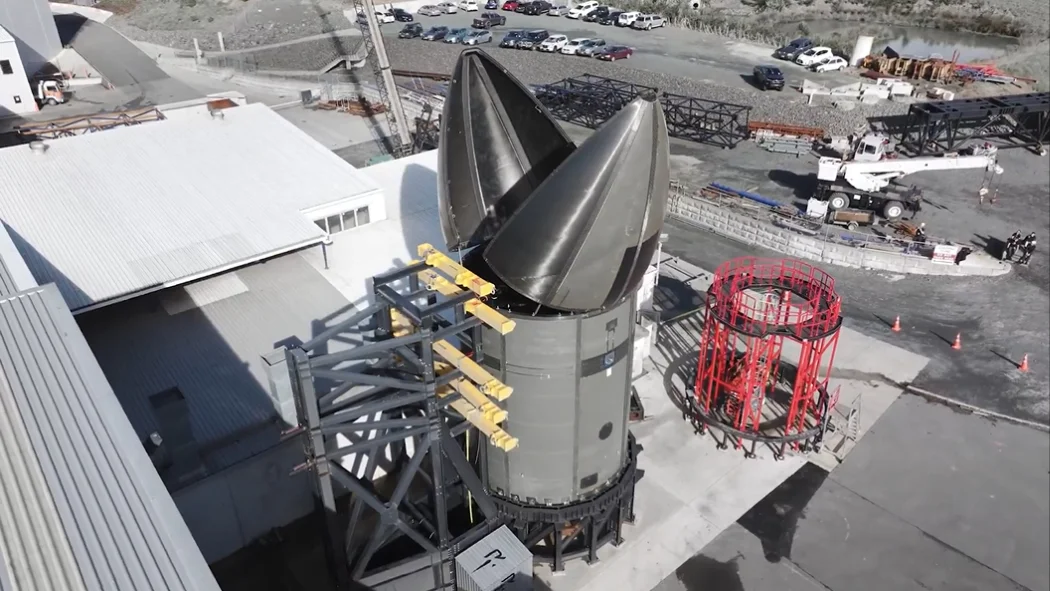
Rocket Lab’s Neutron Rocket to Revolutionize Military Logistics with 2026 Air Force Mission
Rocket Lab is poised to redefine rapid cargo delivery with its Neutron rocket, securing a contract for a groundbreaking mission with the U.S. Air Force Research Laboratory (AFRL). Scheduled no earlier than 2026, this mission aims to demonstrate Neutron's capability for point-to-point cargo transportation, a critical advancement for the Department of Defense (DoD).
This initiative falls under the AFRL's Rocket Experimentation for Global Agile Logistics (REGAL) program, reflecting the DoD's ambition to establish swift cargo transport using orbital-class rockets. According to Rocket Lab CEO Sir Peter Beck, speaking during the company’s first-quarter earnings call, the mission emphasizes the importance of rocket reusability – a core design principle of the Neutron rocket.

The mission will be a “multi-manifest” flight, featuring a payload designed to re-enter Earth’s atmosphere, effectively demonstrating Neutron’s ability to deliver cargo safely. This is a significant step toward realizing the Rocket Cargo program's goal of enabling rapid delivery of critical supplies and humanitarian aid to remote locations.
Neutron's Progress and Capabilities
Currently in various stages of qualification and assembly, the Neutron rocket is on track for its inaugural launch in the second half of 2025. Rocket Lab has completed the second stage qualification, with final assembly underway before shipping it to the Mid-Atlantic Regional Spaceport (MARS) at NASA’s Wallops Flight Facility in Virginia.
"The second stage is one of the more novel pieces of Neutron, so it was important that we retired that one first," Beck explained. The rocket is being manufactured using carbon composites for major structures and powered by nine Rocket Lab-built Archimedes engines in its first stage. Neutron is designed to lift up to 13,000 kg to low Earth orbit (LEO).
Point-to-Point Logistics: A Game Changer
The AFRL's REGAL program aims to support DoD transportation logistics and has potential applications in disaster relief and humanitarian assistance. Sierra Space, another key player, has also secured a contract to scale up its Ghost decelerator spacecraft to increase cargo capacity for the program.

Electron's Success, Neutron's Focus
Rocket Lab has seen success with its Electron rocket, with a perfect launch record in the first quarter of 2025. However, the company is now prioritizing Neutron, pausing Electron reusability efforts to concentrate engineering expertise on its larger, more impactful counterpart.
As Rocket Lab gears up for the inaugural Neutron launch, the collaboration with the U.S. Air Force marks a pivotal moment for both the company and the future of global logistics. The Neutron rocket promises to deliver unprecedented performance and reliability, reshaping the landscape of space-based transportation.
What are your thoughts on the potential impact of reusable rockets on military and humanitarian logistics? Share your opinions and predictions in the comments below!